

James Wong
2025 Mazda CX-5 G25 Touring AWD review
5 Days Ago
General Motors will source crucial raw material from Australian mining company Element 25 as it ups its electric vehicle production.

Contributor
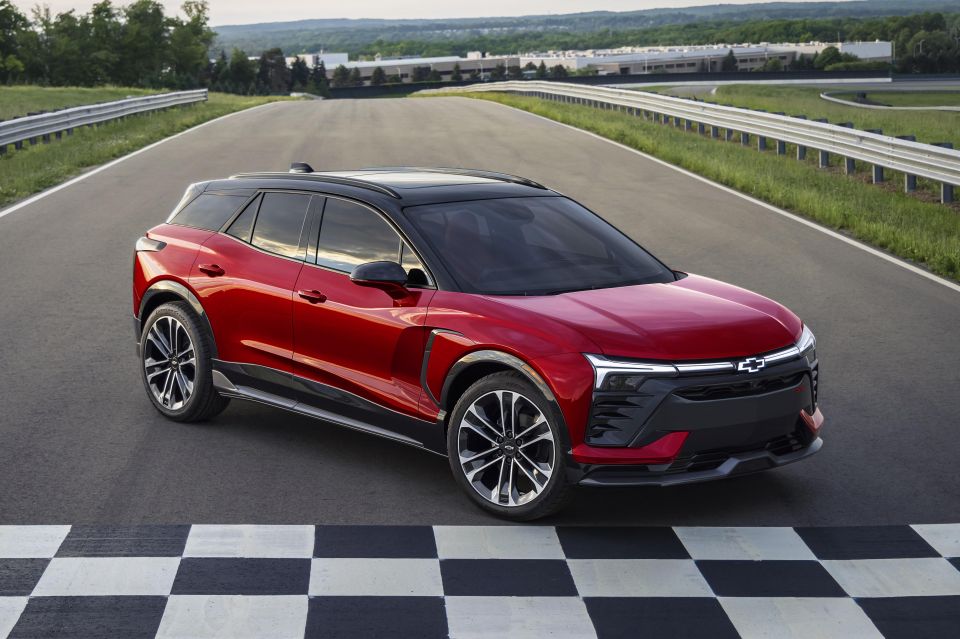

Contributor
General Motors has signed an agreement with an Australian mining company, Element 25, for the supply of manganese sulphate required to push North American electric vehicle (EV) production above 1 million units annually.
Element 25’s ASX shares jumped over 20 per cent after the announcement of the partnership.
The agreement involves a US$85 million (AU$127 million) loan from GM to help Element 25 build a manganese sulphate production facility in Louisiana.
Element 25’s contribution to the facility will be approximately US$290 million (AU$433.6 million).
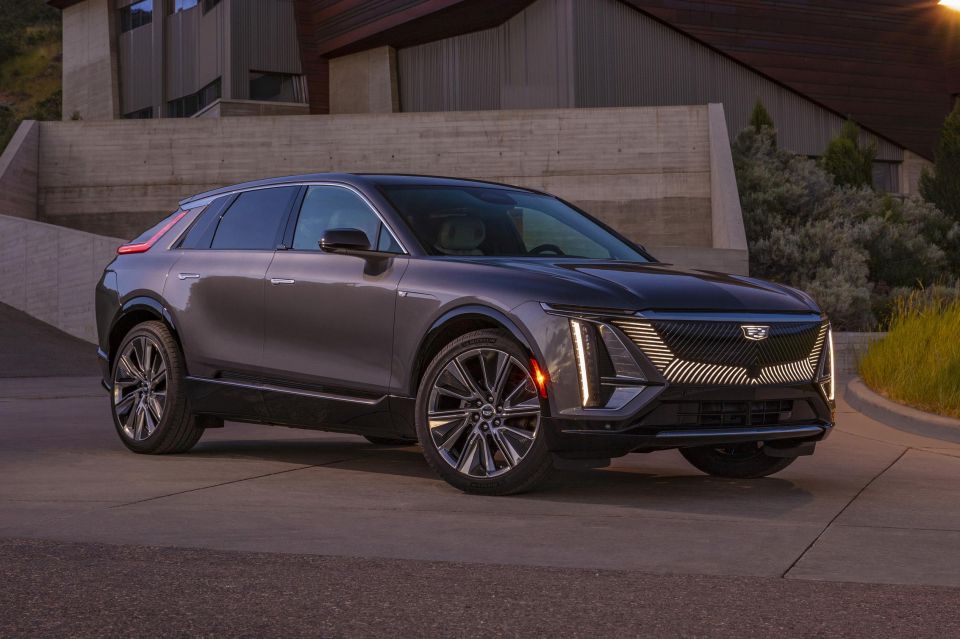
Construction of the 21,368m² facility is expected to begin in the third quarter of 2023, and it will produce battery-grade manganese sulphate from 2025.
It is set to be the first facility of its kind in the U.S. and will create around 200 jobs when fully operational.
Manganese sulphate is a key component in lithium-ion batteries, the most commonly used EV battery.
The manganese concentrate needed for the production will be sourced from Element 25’s Butcherbird Manganese project in Pilbara, Western Australia.
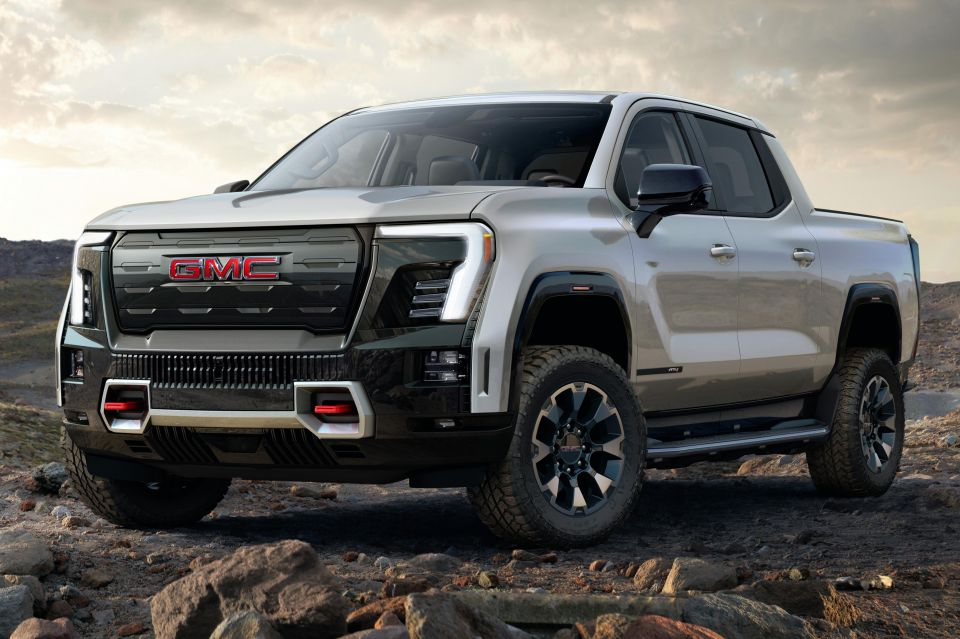
Element 25 has developed a proprietary process for converting its manganese oxide concentrate into battery-grade manganese sulphate monohydrate (HPMSM) for use in the EV industry.
“Element 25 is working to be a leading source of high quality, vertically integrated, traceable and ESG-compliant battery material to the global electric vehicle industry,” said the company’s managing director, Justin Brown.
Doug Parks, GM’s executive vice president of global product development, purchasing and supply chain, believes that this is a significant partnership that will help lower EV battery cell costs.
“Our direct investments in battery raw materials, processing and components for EVs are providing certainty of supply, favourable commercial terms and thousands of new jobs, especially in the U.S., Canada and free trade agreement countries like Australia,” said Mr Parks.
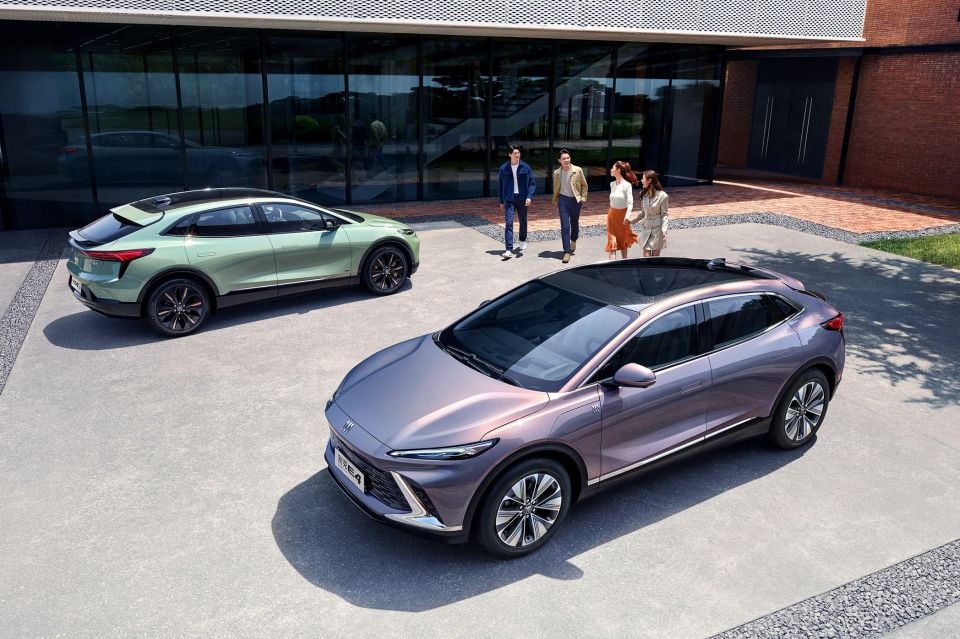
This isn’t the first time GM has looked to Australia for raw materials to strengthen its domestic supply chain.
In October last year, GM announced a US$69 million (AU$103 million) deal with Queensland Pacific Materials (QPM) to source the nickel and cobalt used to build the Ultium lithium-ion battery packs.
Also for its Ultium batteries, GM signed a deal with Swiss-based Glencore to source cobalt from the Murrin Murrin operation in the Western Australian Goldfields region.
GM’s Ultium lithium-ion battery packs are used in a wide range of models produced both in the US and China, including the Cadillac Lyriq and GMC Hummer EV and upcoming models like the Buick Electra E4 and Electra E5.


James Wong
5 Days Ago


Max Davies
4 Days Ago
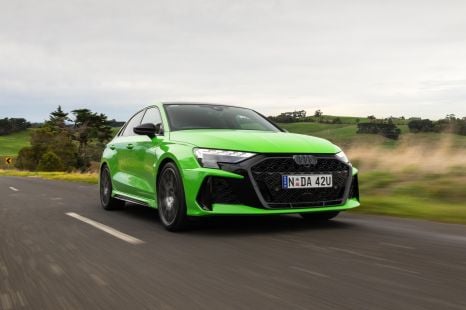

Josh Nevett
3 Days Ago
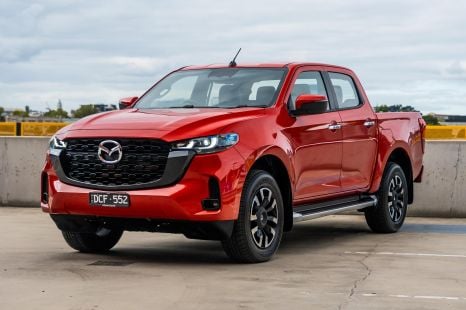

Josh Nevett
2 Days Ago
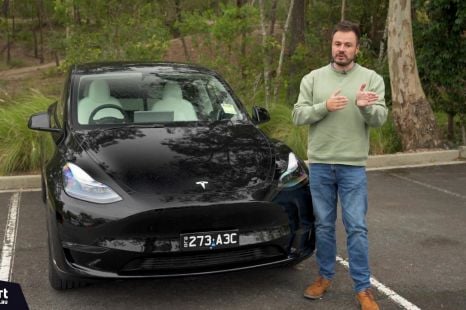

Paul Maric
1 Day Ago


Damion Smy
20 Hours Ago